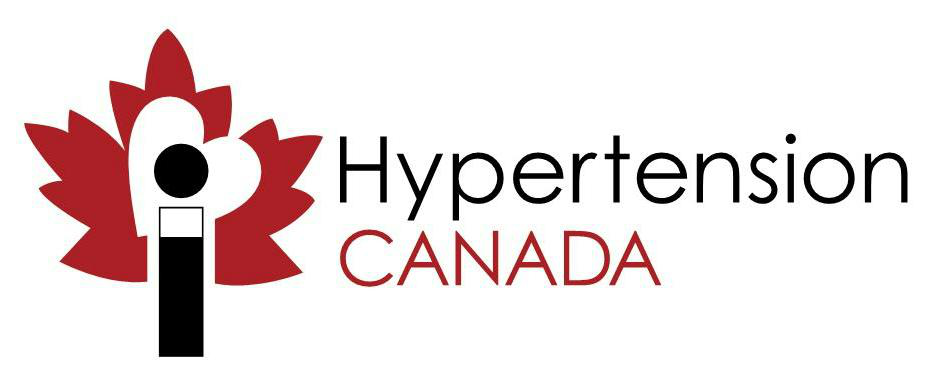Hypertension Canada identifies research priorities, supports new scientific careers and tracks control rates of hypertension and its complications to measure our collective impact.
Research Priorities: Despite excellent advances in hypertension control rates, largely attributable to Hypertension Canada’s clinical recommendations, one-third of Canadians living with hypertension have uncontrolled blood pressure. We make it our business to identify and advance hypertension research priorities through collaboration with medical and health experts, patients and organizations, and strive to address questions that will lead to improved decision-making in the health care system and governments, and to better prevention, diagnosis and control of hypertension.
New Careers: We invest in emerging scientific careers to create a bright future for continual advances in hypertension, making it possible for trainees to present their work at Canada’s premier scientific meeting, and recognize achievements with award opportunities. Through partnerships with other funders such as the Canadian Institutes of Health Research, we invest in granting programs with a focus on helping young investigators through their critical early development toward establishing their careers.
Measuring Impact: We do more than publish the nation’s clinical recommendations for the diagnosis and treatment of hypertension – we also measure how well we put those recommendations into practice and identify gaps in the recommendations.We work with federal and provincial governments to examine population data to track control rates of hypertension and of complications, and comprehensively identify where the recommendations require further evidence and development to improve their effectiveness.
Research Priorities for Patients, Caregivers and Physicians
Historically, the scientific community and pharmaceutical industry have led research priorities and knowledge translation efforts in hypertension in Canada and around the world. By integrating patients as co-builders in the development of research strategies, we aim to improve the direct relevance and impact of hypertension research on what matters to patients, their caregivers and care providers, improve clinical practice and contribute to more effective health services, policies and products.
The identification of the top 10 hypertension management research priorities for patients, caregivers and physicians was conducted by Hypertension Canada and the University of British Columbia, with principal investigator Dr. Nadia Khan and a steering committee of 15 patients, caregivers, care providers and researchers.
The national survey and priority setting process took place from March to May 2016 and used the James Lind Alliance research priority setting process to organize the data. The web-based survey, launched on the Hypertension Canada website, focused on hypertension management, asking the primary open-ended question: “What questions about the management of hypertension or high blood pressure (BP) would you like to see answered by research?”
Three hundred and eighty-six individuals responded to the survey and submitted a total of 831 survey questions. The interim priority process identified the top 25 questions based on a survey of 34 patients/caregivers and 29 health care professionals. On the final face-to-face priority setting meeting, the top 10 questions for hypertension research were identified:
- What healthy lifestyle habits or combination of habits can reduce or eliminate the need for antihypertensive agents?
- Does treating stress influence BP and what is the optimal prescription?
- What is the best treatment strategy for different types of hypertension including those with a family history of hypertension and for men vs. women?
- Do treatment strategies based on control of out-of-office blood pressure (home BP monitoring or 24-hour ABPM) provide an advantage over strategies based on conventional office BP control?
- What are the optimal educational tools, strategies and technologies to improve patient motivation and health behaviour change for hypertension?
- What are the optimal thresholds for starting and stopping antihypertensive agents?
- What is the optimal prescription of exercise emphasizing alternatives to walking/running for older individuals with or without arthritis or other health problems?
- What hypertension management strategies are most effective for patients of Aboriginal descent or other ethnic or racial groups?
- What natural and alternative treatments are safe and effective for reducing BP and don’t adversely interact with antihypertensive agents?
- What is the optimal role of different health care providers and caregivers in providing support to patients with hypertension?
These research priorities can be used to guide researchers and funding bodies on hypertension management research considered most relevant to patients, caregivers and health care professionals.
For further information regarding this study’s method and results, download the research priorities poster (.pdf)

